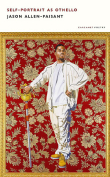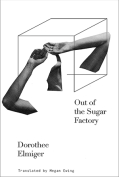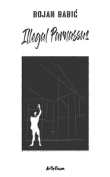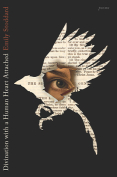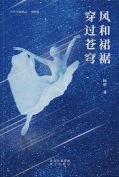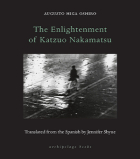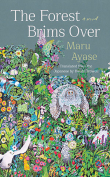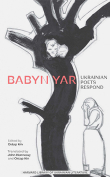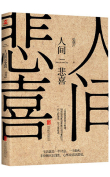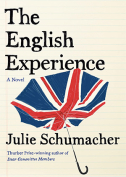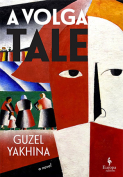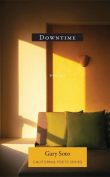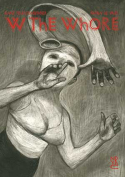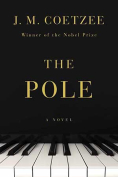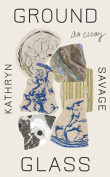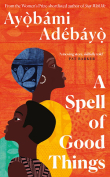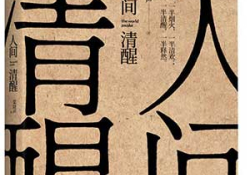Human Sorrow and Joy (Ren Jian Bei Xi) by Liang Xiaosheng
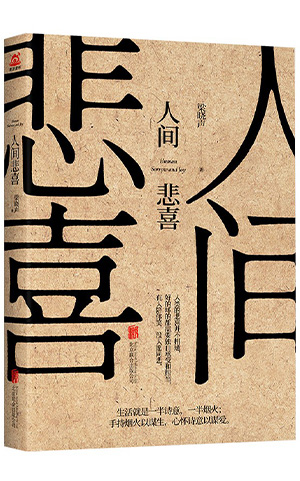 Beijing. Beijing United. 2023. 320 pages.
Beijing. Beijing United. 2023. 320 pages.
Liang Xiaosheng (b. 1949) always called himself a recorder of the era. He is good at realistic writing. Unlike those who depict and reflect reality in an extremely straightforward way, Liang adds deep thoughts on human nature and the times to his narrative. After winning China’s highest literary award, the Mao Dun Literature Prize, he continues to write and tell the stories of normal people in ordinary life with warm words. Liang’s newest collection of essays, Human Sorrow and Joy, is the companion volume for The World Awake. In this new work, Liang suggests life principles worthy of pursuit by simply yet elegantly depicting different people coping with everyday problems.
The skinny old man is one of the most unforgettable protagonists in this new work. He is sent north to work in the forestry industry in the 1960s. During that time, he suffers a lot from sickness and poverty. Children in the village often make trouble and destroy his crops. He knows he is likely to die within six months, so he makes a deal with the troublemakers. If they would let him give them lessons and not destroy his crops, he would offer them a small bag of southern squash, which was rare in those days. In the following days, these children listen and study hard, surprisingly becoming one of the few people in the village to get into middle school. The skinny old man uses the last days of his life to pave the way for the children to pursue their education. He stretches his limited life infinitely, not willing to miss any minute of teaching. Liang heard about the story from his friend, one of the students, who even now still carries the taste of southern squash in his mind.
Liang points out that when he was young, he preferred to learn Chinese rather than other courses. It is Chinese that helps him become a reader and a writer. In contrast, his mother doesn’t cultivate the hobby of raising snails until her later years. Carefully and patiently, she builds homes for the snails and feeds them every day. A special emotion seems to bring the mother and snails together. During that period, Liang’s mother always has hope in her eyes. Liang is surprised and in awe that something so small could bring power and hope to people.
The meaning of life can be found in every quotidian detail. Liang pays special tribute to the windows and walls of a home. Liang observes the cleanliness of windows to judge a landlord’s attitude on life. If the windows are wiped clean all year round, it means that the landlord has a positive attitude toward life, and vice versa. Liang argues that without walls there is no home. Whether old or new, walls are always standing there, silently bearing everything. People can hang lots of items on them. Children will draw different pictures on them. The elderly always hold on to them and move slowly about. However, walls never complain. They have always witnessed the changes in history and the sorrows and joys of life with inclusive hearts.
Through descriptions of people, issues, and objects, Liang builds an ordinary but magnificent kingdom of life. Each one of us is the king or queen in our life, draws strength from sorrow to gain joy in the future, and appreciates the joy gained from life’s hardships. There is no real empathy in the world; only we can save ourselves from life’s sorrows and create moments of joy.
Jiang Yajun
Nanjing Normal University
